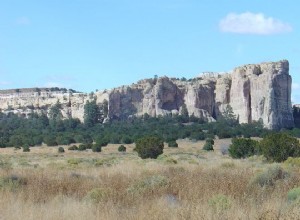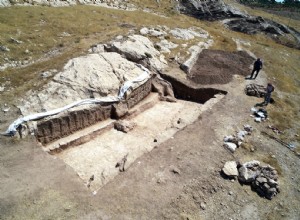In the Middle Ages and during modern times, a form of health and occupational insurance was provided by the corporation of each branch of trades. During the French Revolution, the “mutual aid societies” were launched. They will be supported by all the regimes of the XVIIIth century. 1898:the Mutual




